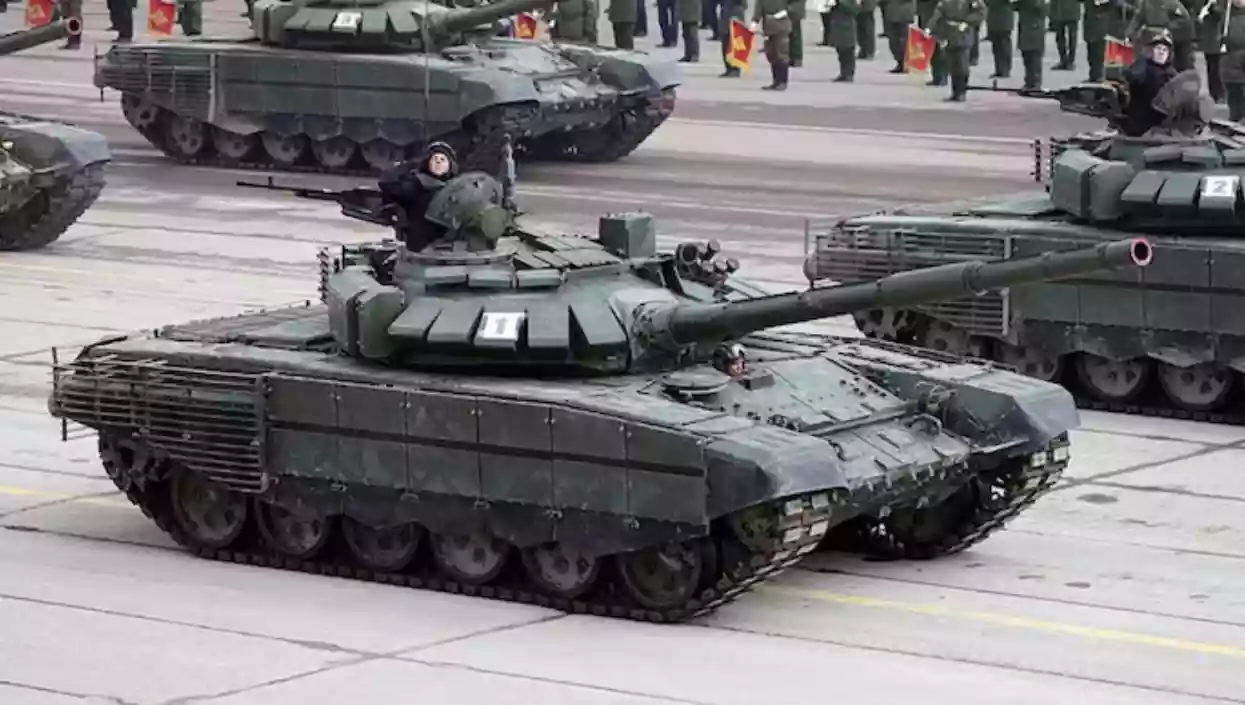Protests erupt outside Kasba Police station as 3 arrested in alleged Kolkata college gang rape
.gif)
.gif)

In a major boost to its armoured warfare capabilities, India has signed a $248 million contract with Russian defence firm Rosoboronexport (RoE) to procure 1,000-horsepower (HP) engines for its T-72 battle tanks. The agreement includes fully-assembled, completely knocked-down (CKD), and semi-knocked-down (SKD) units to enhance the mobility and operational efficiency of India's tank fleet.
The contract also includes a Transfer of Technology (ToT) arrangement, under which Chennai-based Armoured Vehicles Nigam Limited (Heavy Vehicle Factory) will integrate and manufacture these engines domestically. This move aligns with India’s 'Make in India' initiative, boosting local defence production and reducing dependency on imports.
The T-72 tanks, currently equipped with 780 HP engines, are the backbone of the Indian Army’s armoured units. The upgrade to 1,000 HP engines will significantly improve their battlefield mobility, endurance, and offensive power. This modernization effort is expected to extend the lifespan of the T-72 fleet while ensuring they remain combat-ready for future conflicts.
This procurement comes amid growing regional security challenges, particularly on India's northern and western borders. Defence experts suggest that enhancing existing assets rather than replacing them entirely is a cost-effective strategy that strengthens India’s military preparedness.
With modernized engines, T-72 tanks will gain improved reliability, fuel efficiency, and faster maneuverability, allowing them to perform better in high-altitude and desert warfare scenarios. This deal further cements India's strategic military partnership with Russia, which has been a key defence supplier for decades.
The Indian government has reiterated its commitment to self-reliance in defence production while maintaining a technologically superior and battle-ready military. The contract with Rosoboronexport is expected to be executed in phases, with engine production and integration beginning in the coming months.